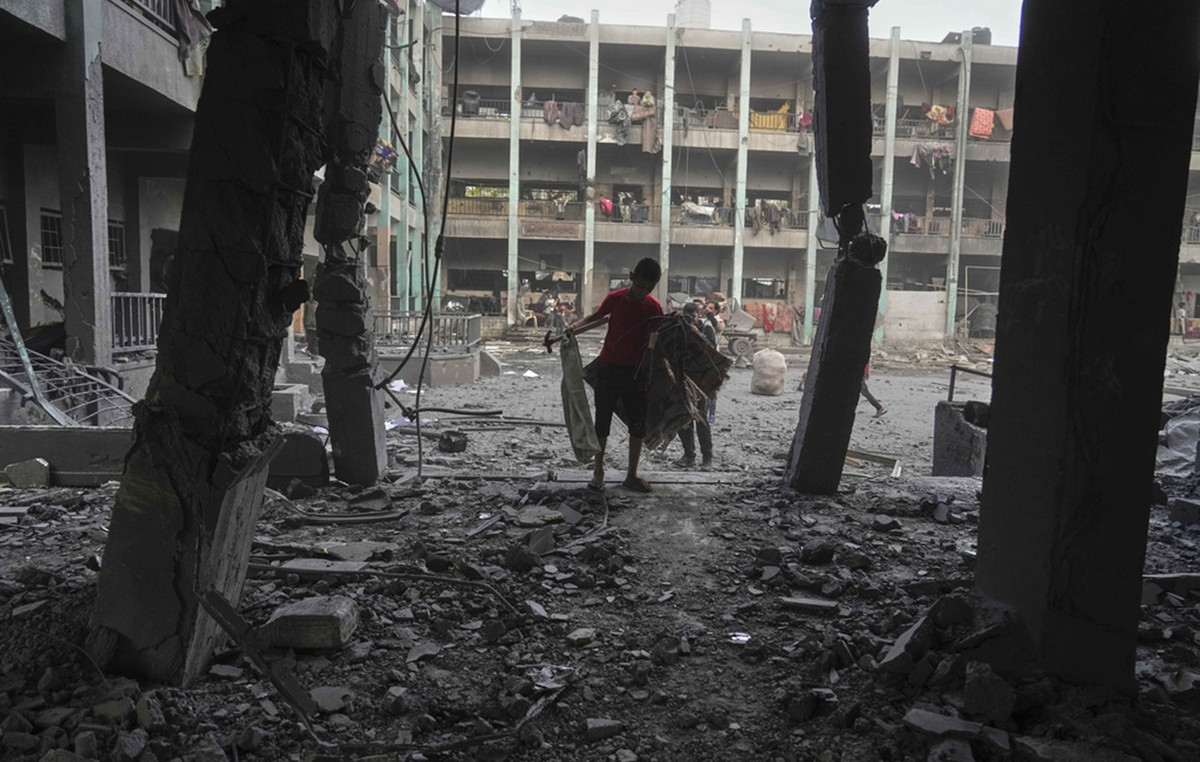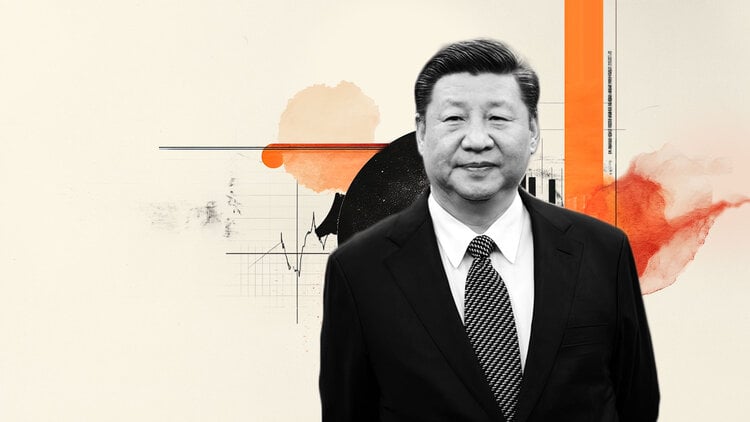In an interview with CNN this Saturday (10), economist and professor at Insper Roberto Dumas evaluated that with the inflationary situation that Argentina is experiencing today, it is necessary for the country to promote a monetary reform, along the lines of the Real Plan. “They [argentino] are in serious trouble in the economy. I find it very difficult to solve this inflation problem. There needs to be a currency reform in the country, a convertibility plan,” he says.
Roberto points out that Argentina’s inflationary problem is already considered chronic, dating back to the administration of Minister Martin Guzman (2019-2022), and was exacerbated by the supply shock with the war in Ukraine, which impacted fertilizer and natural gas prices. , for example.
“Argentina has a serious problem. He wants to make an innocuous populism. We’ve already tried that. Other countries have also tried. Trying to bring the benefits, doing expansionary fiscal policy without having money,” she said.
The economist recalls that the Superminister of Economy, Sergio Massa, signaled that he would no longer ask the central bank to print more currency.
“Even having Sergio Massa – in a political game between the president and vice president of the country to ease the institutional crisis – this did not make the Argentine population very happy, which continues to go for the dollar and give up its own currency. And then that currency depreciates even more and generates inflation.”
For Roberto, what is happening is a withdrawal of the peso in favor of the dollar, which leads to depreciation and inflation. “It’s hard to get out of it. It will be very complicated.” “With inflation close to 100%, it is difficult to control with interest rates. It is time for the government to understand that the peso is no longer worth what it was and that the population no longer believes in the country’s monetary policy. or more than trying to make an orthodox policy, raising interest rates. It’s hard to believe that the Argentine peso had stopped losing value.”
Another possibility to solve the problem, says the economist, would be a dollarization of the country, which would be a very serious rupture.
Sergio Massa
The Insper professor says that Minister Massa has not yet shown what he came for. “He’s not completely a liberal. But in reality he was considered a super-minister much more to avoid all this problem between [Alberto] Fernández and [Cristina] Kirchner. It does not bring any unorthodox policy, or to break the inflationary addiction of printing money, it does not bring the reliability that agents need.”
Roberto believes that Massa loved the policy of buying time and “pushing with his belly”. “This is not working. It was already expected that it would not work out.”
Sergio reinforces that the solution to the inflation issue does not happen without an unorthodox plan, without bringing reliability. “Mass was never a defender against the state, he was always in favor of more currency issuance. But this without having money. He is not a super-minister who will address this problem without having an absolutely structural reform. They are giving money with one hand and taking it with the other through inflation.”
Inflation
Economists have raised their estimates for annual inflation in Argentina in 2022 to 95%, a monthly survey published Friday by the Argentine central bank showed. The country struggles to overcome a protracted economic crisis marked by rising prices.
The new forecast for the variation in the Consumer Price Index is 4.8 percentage points higher than the previous month’s estimate.
Analysts estimated that Argentine inflation rose 6.5% in August.
By next year, the South American country’s annual inflation rate is expected to reach 84%, and fall to 63% in 2024, according to the survey.
Soy
On Monday (5), Argentine Economy Minister Sergio Massa announced new incentives for soy producers to increase sales from their stocks, accessing a better exchange rate, in an attempt to increase exports and hard currency reserves. The incentives are expected to last until September 30, according to the announcement.
After entering the new preferential exchange rate, Argentina’s daily soybean trading volume reached its highest level in five and a half years, the Rosario grain exchange said on Tuesday (6).
The Rosario stock exchange said in a report that Argentine soybean operations recorded on Monday (5), the first day the exchange rate rule took effect, were close to 800,000 tonnes, the highest volume traded since the beginning of 2017.
According to analysts interviewed by Reuters, these effects should not last for long, considering that the so-called “soybean dollar” exchange rate is expected to take effect in September, as a way for the neighboring country to boost the generation of foreign exchange in order to deal with the crisis. economic.
world Bank
The World Bank announced the release of US$900 million in credit to Argentina over the next six months, an amount that adds to the US$1.1 billion that the organization has already disbursed for projects in the country in 2022.
The announcement was made in a statement after the institution’s director of operations, Axel van Trotsenburg, met with Argentine Economy Minister Sérgio Massa, who is in the United States for a series of commitments.
*With information from Reuters.
(Text published by Ana Carolina Nunes)
Source: CNN Brasil
Joe Jameson, a technology journalist with over 2 years of experience, writes for top online news websites. Specializing in the field of technology, Joe provides insights into the latest advancements in the industry. Currently, he contributes to covering the world stock market.







